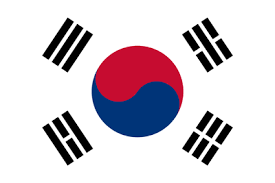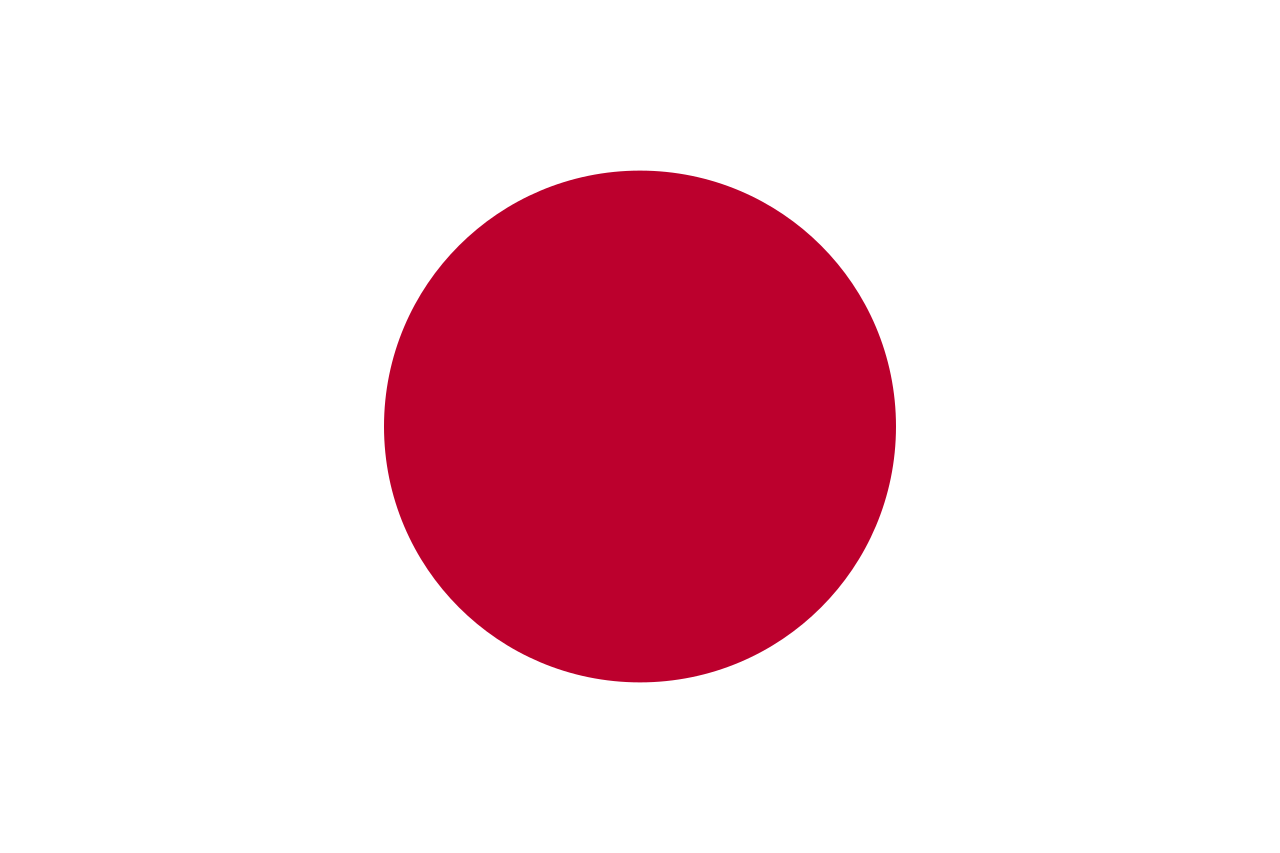RELATED PARTY TRANSACTION POLICY
We comply with Norwegian law regarding approval of transactions with related parties. We have adopted a Code of Conduct and Code of Ethics that sets forth our procedures for the review and approval or ratification of any related party transactions. In the context of the instant policy, a related party is (i) any executive officer or director, (ii) a shareholder, a shareholder’s parent company or other beneficial owner who holds more than 5% of any class of our voting securities, and (iii) other persons as defined in the Norwegian Accounting Act and regulations promulgated thereunder and (iv) any of the immediate family members and any entity owned or controlled by such legal or natural persons as mentioned in the foregoing clauses.
Under the Code of Conduct and Code of Ethics and related policies, if a transaction is identified as a related party transaction, including any transaction that was not a related party transaction when originally consummated or any transaction that was not initially identified as a related party transaction prior to consummation, it would be subject to approval by our audit committee, or, if audit committee approval would be inappropriate, to another independent body of our board of directors, for review, consideration and approval or ratification.
In addition, our employees and directors will have an affirmative responsibility to disclose any transaction or relationship that reasonably could be expected to give rise to a conflict of interest.
In considering related party transactions, our audit committee, or other independent body of our board of directors, will take into account the relevant available facts and circumstances including, but not limited to:
- the risks, costs and benefits to us;
- the impact on a director’s independence in the event that the related person is a director, immediate family member of a director or an entity with which a director is affiliated;
- the availability of other sources for comparable services or products; and
- Share-based programs
- the terms available to or from, as the case may be, unrelated third parties or to or from employees generally.
All of the transactions described above were entered into a, but all were approved by our board of directors to the extent required by, and in compliance with, Norwegian law.
Material transactions under which the fair market value of the obligations of the company at the time of conclusion exceed 2.5% of the balance sheet amount of our last approved annual financial statement, and which transactions do not form part of the company’s ordinary course of business, shall be approved by the general meeting of shareholders. In assessing whether such threshold is met, all related party transactions in the same financial year shall be summarized.



